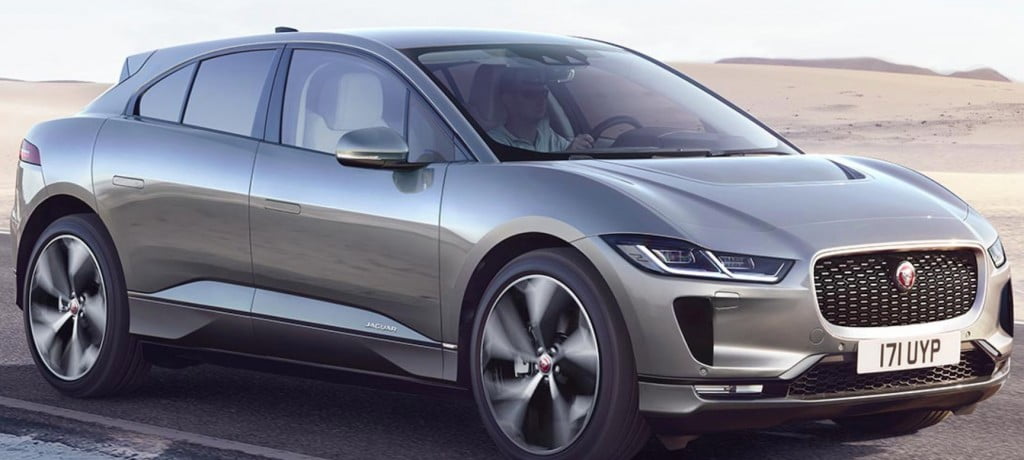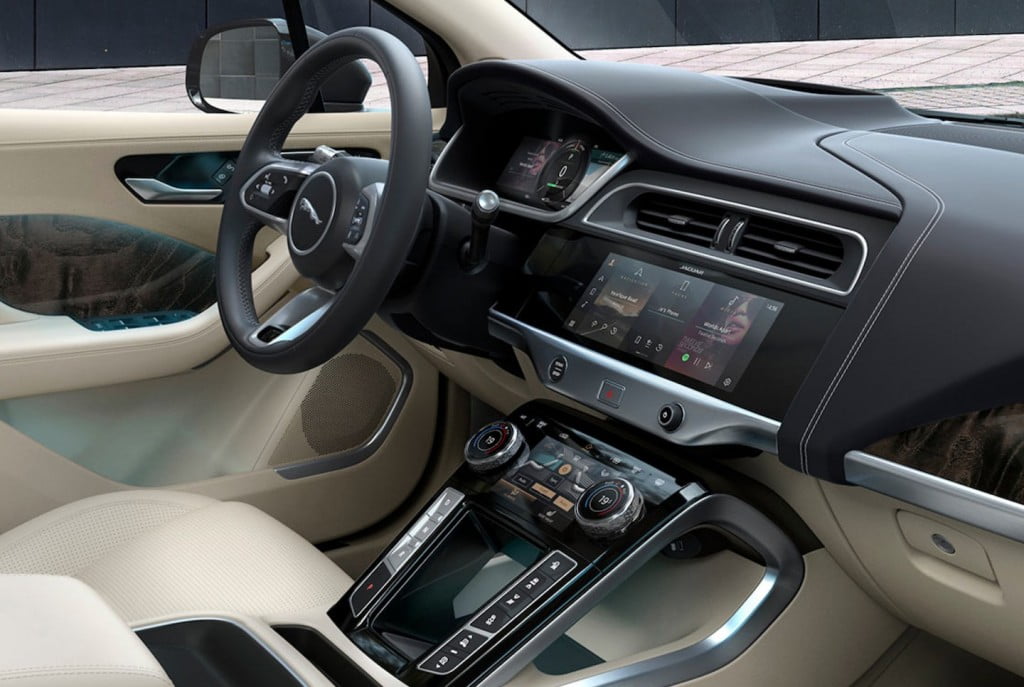In this day and age, the adoption and popularization of electric cars are inevitable. That is where the industry is headed across the globe. In 2019, the number of EVs sold was 2.2 million. This was already an increase from the previous year. This indicates the exponential growth of EVs at a global level. The story is pretty much the same in the Indian market. Total electric vehicles sold in India till 2019 is more than 8,00,000. This number is increasing consistently. Recently, Tesla also announced its plans to enter the Indian market in 2021. This will further boost the craze and drive towards electrification. The government is also promoting EVs in a big way with a multitude of policies and subsidies. The car in question, here, is the Jaguar I-Pace.
Also read: Evolution of electric vehicles in India!
Jaguar has confirmed that its all-electric performance SUV has already landed in India. The variant that will be used for testing will be the HSE and it will commence extensive testing across the country. Because of varied terrains, Jaguar will make sure that the testing does include various regions of the country. This is because the climatic conditions do affect the battery performance and life cycle. Let us take a look at what to expect from Jaguar I-Pace.
Jaguar I-Pace – Exterior and Interior
The dimensions of the I-Pace measure 4682mm in length, 2139mm in width and 1565mm in height. The wheelbase stands at an impressive 2922mm. This is because there is no internal combustion engine up front and the battery sits on the floor of the car. This frees up a ton of usable space. This enhances the cabin space as well as the rear-seat comfort. The design is typically Jaguar with a wide and useable grille in the front. This has active vanes to channel air to cool the battery pack. The exterior is designed to improve the aerodynamics of the car.
Also read: Petrol vs Diesel vs Electric – Cost of ownership comparison!

The interior is very modern looking with a large digital instrument cluster with a ton of information for the driver. There might be the inclusion of a dual-screen setup like we’ve seen in the Range Rover Velar in the past. There will be a large panoramic sunroof to add the feeling of space. Although space is more than enough because of a large wheelbase. There will be features like Adaptive Cruise Control, FullLED Headlamps, Powered Front Seats, 360-degree Camera, Heads up display to name a few. The InControl Connected Car tech from JLR will also offer a ton of convenience features like Voice Commands and Driver Assitance.

Jaguar I-Pace – Motor and Battery
The I-PACE is propelled by two permanent magnet synchronous electric motors integrated with the front and rear axles. These motors provide 400PS and 696Nm of useable instant torque. The two motors being mounted on both the axles mean that the I-Pace is a 4WD. This makes it fun to drive with a traction control system monitoring the amount of torque going to each wheel. Especially around the corners, it makes you come out of the corners really fast. The acceleration from 0-100 kmph is a whopping 4.8 secs.
Also read: India-bound Volkswagen’s all electric SUV ID4 revealed!
The battery that the I-Pace uses is a 90kWh Lithium-Ion, which can be charged to 80% capacity in just 45 minutes with a 100kW fast charger and in 10 hours via a regular 7kW wall charger. The electric range is a claimed 480km, which is decent. Being partnered with Tata in India, Tata will come up with the charging infrastructure across the country.
Once launched, the prices of the Jaguar I-Pace will be upwards of Rs 1 Cr. The variants on offer will be S, SE, HSE. The rivals of the I-Pace will include Mercedes Benz EQC, which is priced at Rs 99.30 lakh, ex-showroom. This will mark an important milestone in the operations of Jaguar in India.

